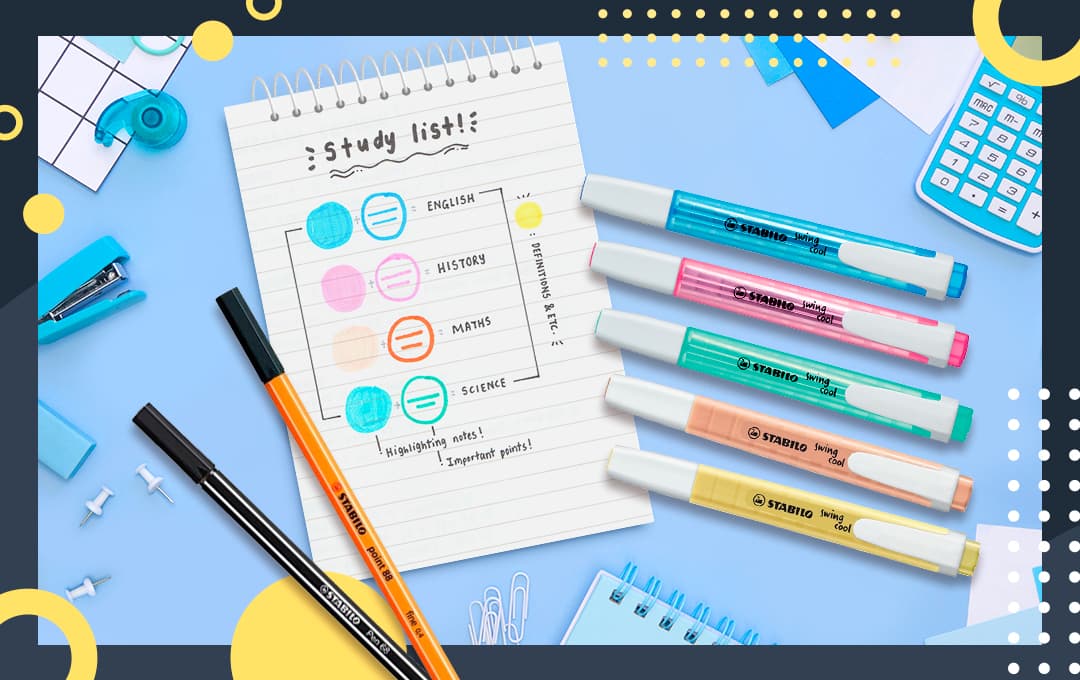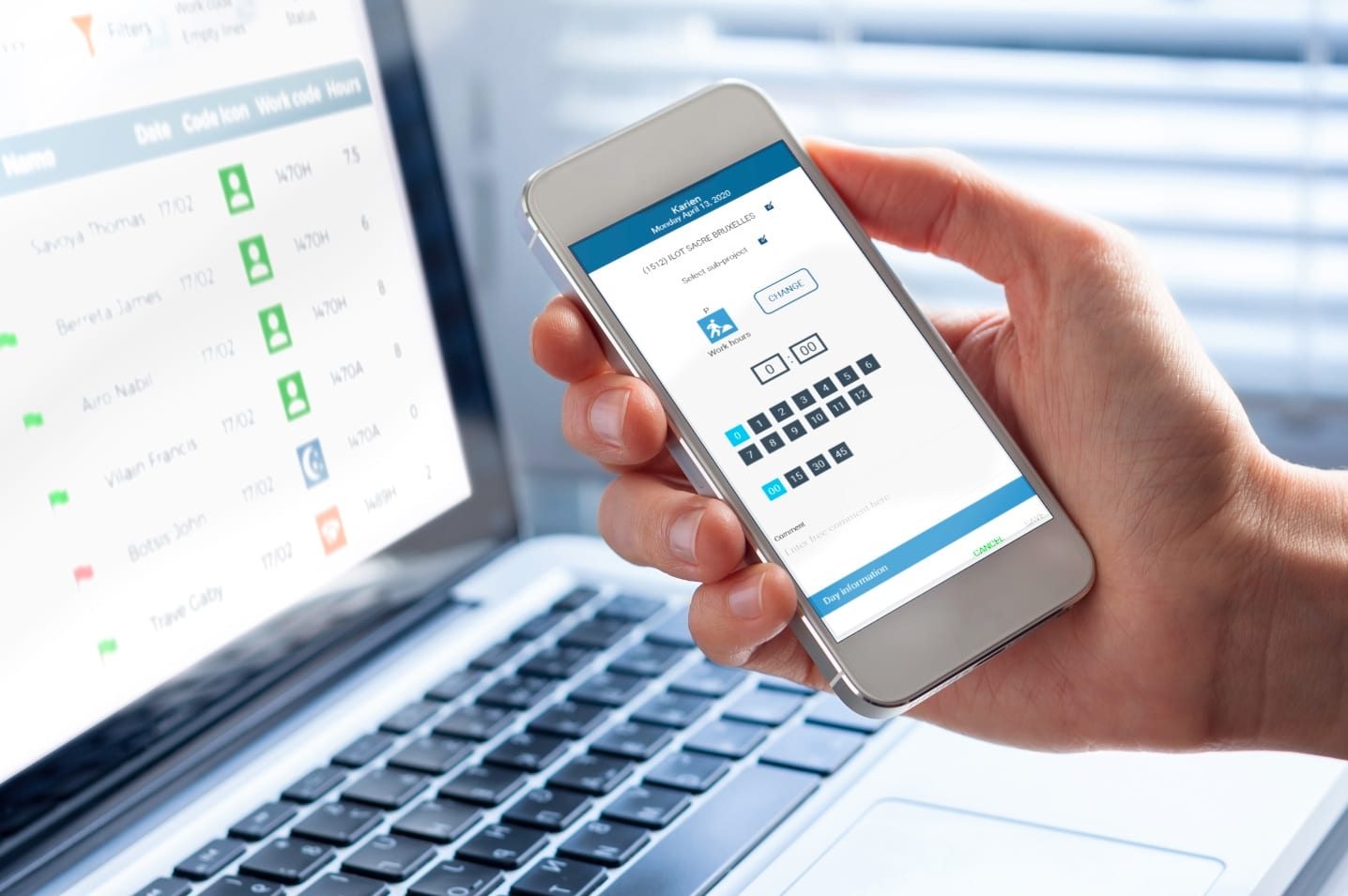Page Contents
- 0.1 The Importance of Online Learning Strategies
- 0.2 1. Set Clear Learning Goals
- 0.3 2. Create a Dedicated Learning Space
- 0.4 3. Master Time Management
- 0.5 4. Actively Engage with the Material
- 0.6 5. Develop Self-Discipline
- 0.7 6. Use Interactive Tools and Resources
- 0.8 7. Practice Effective Communication
- 0.9 8. Test Your Knowledge Regularly
- 0.10 9. Stay Motivated
- 0.11 10. Take Care of Your Health
- 1 Author
Online learning has transformed education by making knowledge accessible to everyone, anywhere in the world. However, excelling in this mode of learning requires a different approach compared to traditional classroom settings. Developing the right online learning strategies can enhance your experience, improve retention, and help you achieve your goals effectively.
This guide explores practical strategies that will empower you to succeed in online learning environments.
The Importance of Online Learning Strategies
With the rise of virtual classrooms, webinars, and e-learning platforms, students and professionals need to adapt to new learning methods. Implementing effective online learning strategies can:
- Improve focus and productivity.
- Boost understanding and retention of material.
- Help balance learning with other commitments like work or family.
Whether you’re a student pursuing a degree or a professional upgrading your skills, the right strategies can make all the difference.
1. Set Clear Learning Goals
Every successful learner begins with clear objectives.
- Why It’s Important: Goals provide direction and motivation.
- How to Do It: Break down your syllabus or course content into smaller milestones.
- Example: If you’re learning a language, aim to master specific grammar rules or vocabulary each week.
By setting specific, measurable goals, you can track your progress and stay motivated throughout your learning journey.

2. Create a Dedicated Learning Space
A comfortable and distraction-free environment is essential for online learning.
- Why It’s Important: Physical space impacts mental focus.
- How to Do It:
- Choose a quiet area with good lighting.
- Keep all necessary materials—laptop, notebooks, pens—within reach.
- Remove distractions like your phone or unrelated tabs on your browser.
Having a specific area dedicated to learning will help your brain associate the space with focus and productivity.

3. Master Time Management
Time management is one of the most crucial online learning strategies.
- Why It’s Important: Online learning offers flexibility, but without discipline, it’s easy to procrastinate.
- How to Do It:
- Use tools like Google Calendar or apps like Trello to schedule study sessions.
- Follow the Pomodoro Technique: Study for 25 minutes, then take a 5-minute break.
- Prioritize tasks by using methods like the Eisenhower Matrix (urgent vs. important).
By managing your time effectively, you’ll stay on track with your course deadlines.

4. Actively Engage with the Material
Passive learning—just reading or watching lectures—isn’t enough to retain information.
- Why It’s Important: Active engagement deepens understanding.
- How to Do It:
- Take notes during lectures using methods like Cornell Note-Taking.
- Ask questions in online forums or discussion boards.
- Summarize lessons in your own words.
These methods reinforce the material and improve long-term retention.
5. Develop Self-Discipline
Self-discipline is the foundation of successful online learning.
- Why It’s Important: Without a teacher physically present, you must take responsibility for your own progress.
- How to Do It:
- Set a daily study routine and stick to it.
- Reward yourself for completing tasks (e.g., a break, a treat).
- Limit distractions by using tools like Focus@Will or Freedom (apps that block distracting websites).
Consistency is key to building good learning habits.
6. Use Interactive Tools and Resources
Online learning platforms offer various tools that can make studying more engaging.
- Why It’s Important: Interactive resources boost understanding and make learning enjoyable.
- How to Do It:
- Explore gamified apps like Duolingo or Quizlet for quizzes and challenges.
- Use video tutorials on platforms like YouTube or Coursera for visual learners.
- Join webinars or virtual study groups for collaborative learning.
Incorporating these tools into your online learning strategies can enhance your overall experience.

7. Practice Effective Communication
Online learning often involves collaboration with peers and instructors.
- Why It’s Important: Clear communication ensures you understand course depobos requirements and participate actively.
- How to Do It:
- Regularly email or message instructors if you have questions.
- Participate in discussion forums or group projects.
- Use video conferencing tools like Zoom or Microsoft Teams effectively.
Building communication skills will help you maximize the resources and support available.
8. Test Your Knowledge Regularly
Regular self-assessment is crucial for tracking your progress.
- Why It’s Important: Tests identify gaps in knowledge and reinforce what you’ve learned.
- How to Do It:
- Take practice quizzes or mock exams.
- Use flashcards to recall key concepts.
- Teach someone else what you’ve learned—it’s a powerful way to solidify knowledge.
Regular testing helps you gauge your understanding and prepares you for exams.
9. Stay Motivated
Keeping up motivation can be challenging, especially in long courses.
- Why It’s Important: Motivation keeps you consistent and enthusiastic.
- How to Do It:
- Visualize your end goal—graduation, a promotion, or a new skill.
- Celebrate small achievements to stay positive.
- Connect with other learners for support and encouragement.
Motivation is the driving force behind every successful learning journey.
10. Take Care of Your Health
Learning is a mental process, but physical health also plays a vital role.
- Why It’s Important: A healthy body supports a focused mind.
- How to Do It:
- Take regular breaks to avoid burnout.
- Maintain a balanced diet and stay hydrated.
- Incorporate physical activity like yoga or a quick walk into your routine.
Balancing health and education ensures long-term success.
Online learning offers unmatched flexibility and opportunities, but succeeding in it requires the right approach. By implementing these online learning strategies, you can improve your focus, retain more information, and excel in any course or program. Whether you’re learning for personal growth or career advancement, these strategies will set you up for success.
Read More: Telur Dadar Krispi: Resep dan Rahasia yang Menggugah Selera




